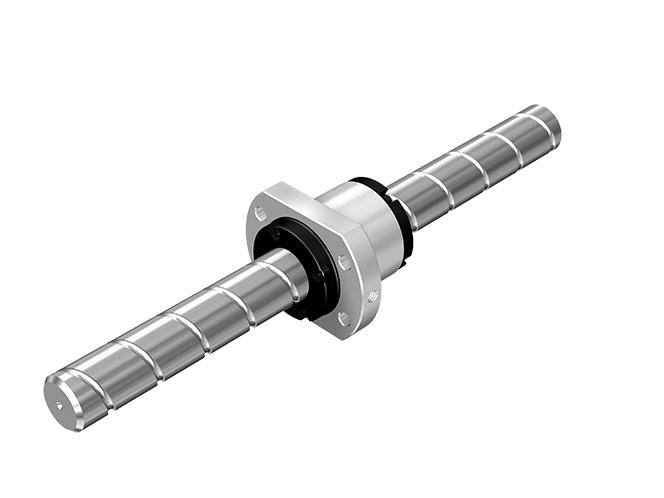Why seek the services of a customs law consultancy?

A customs law consultancy can help a business secure its customs risks in the context of international transport. It can support an importer as well as an exporter or a freight forwarder.
Its main objective is to adapt the activities of its customers to the different requirements of customs regulations and changes in them. Thus, it provides companies with competent and experienced customs declarants, customs officials, and consultants.
To optimize processes and flows
First, one can approach Clearit customs consulting to request the services of a customs consultant. Indeed, this professional can assist them in optimizing their processes and flows, managing customs diagnostics, and obtaining an approved exporter’s status.
At the same time, stakeholders can also give advice or training in customs matters. And better yet, they can provide a customs regulatory watch service.
In addition, the audit carried out by this type of firm concerns both maritime transport, road transport, and air transport, which means that nothing can escape them.
To ensure the origin classification and the tariff classification and to benefit from a tailor-made intervention
A consultancy specializing in customs law also takes care of the initial mapping of preferential and non-preferential origins to go even further. They assist companies in conquering new geographic markets and support them in the event of administrative checks. It is also responsible for the tariff classification and the classification of new products, and it facilitates access to various case laws.
Depending on the needs of businesses, a customs law consultancy can offer either ad hoc services or subscription services. Otherwise, it can also send a customs representative to the company for a part-time intervention.
Why be interested in it?
Customs Consultancy helps companies know tariff classification, allowing companies to know a lot about their obligations when entering an economic zone. It enables you to know the following information associated with your product:
- Customs duty rates
- Trade policy measures (such as quotas, anti-dumping duties, tariff suspensions)
- Safety standards
- Sanitary or phytosanitary or other formalities
- Prohibition or embargo measures
- Impacts linked to the common agricultural policy (CAP)
- Internal taxation
Conclusion: Bad tariff classification of your product could be sanctioned. The sanctions depend on a precise analysis of the situation where the customs authorities will ask questions about intentionality, in particular, to characterize a criminal offense. Beyond that, the penalties can have serious consequences, considering the possible additional rights and the penalties and interest to be paid.






